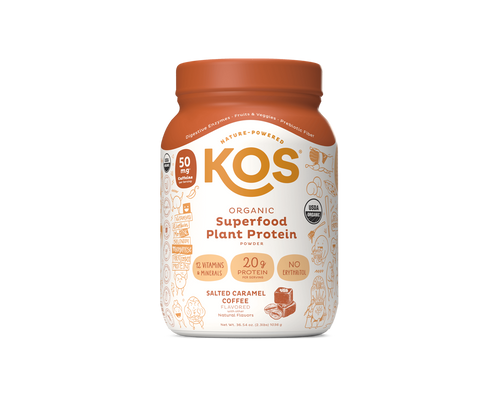Table of Contents
“You may leave the table when you have finished your beets.” Once upon a time, this rather benign sentence had the power to freeze your blood. This would've been during that brief period you could walk under the dining room table without inclining your little head.
In those grim years, being chased around a darkened graveyard by (simultaneously) Frankenstein®, the Wolfman™, Dracula©, AND the Mummy℠ would have been like a visit to a puppy farm compared to facing The Beets.
But the scary ridged discs that we were so terrified would touch our mashed potatoes? In adulthood these manifested as a delicious, beloved, and power-packed food item. Beets! (crickets .... crickets)
I said "BEETS!" (faint applause and uninspired cheering) Okay. That's a little better.
The Little Beet that Could
Okay. Beets are a root food. One imagines with awe the first brave proto-humans who thought it a good idea to dig these things up and actually eat them. But when they gave beets a try, our unibrowed ancestors hit serious pay dirt. Beets are a wonder food whose dazzling nitrate content spurs production of nitric oxide in the body.
Nitric oxide? Yeah. This rather obnoxious-sounding compound has a wholly happy effect on our life-bearing tangle of cardiovascular spaghetti, helping dilate arteries in a way that lets the blood flow through unimpeded. Possibly “blood pressure” is something you’ve heard of?
Studies have also shown conclusively that beets do something that is more or less unexplained; they actually maximize the energy we get from a fixed amount of oxygen. Let’s look at that sentence again. A measured ingestion of beets in a laboratory setting has been shown to increase energy yield from oxygen.
I mean: beet chips, beet powder, beet soup ... dare I utter the words "beet smoothie"? As roots go, this one has an outsized personality. Has it earned this swagger? Yes, it has.
Beet Benefits: Squeezing Oxygen for All It’s Worth
Oxygen in the human body has no choice but to answer to the somewhat schoolmarmish Second Law of Thermodynamics, which tells us (with a waggling finger) that in a closed system, energy can be neither created nor destroyed—it can only be moved around or translated into different forms. You expend energy and you have inflexible oxygen molecules to draw on when doing so.

Now, for a moment think of your circulatory system not as plumbing, but as a tangle of wiring, the kind that delivers house current to your appliances. Indeed, the bloodstream’s main purpose is the conveyance of energy throughout the underpriced penthouse apartment that is your body.

Athletes and bio hackers have long since come up with ways to maximize this delivery of oxygen to the barbell-hoisting muscle groups. But until recently it was believed that the fundamental amount of energy that could be drawn from a given unit of oxygen was fixed; inalterable.
That is, huge muscles and the means to rush vast quantities of oxygen to them is one thing—but in the end the amount of energy that could be yanked from the oxygen molecules was the same for the 98lb weakling as for the crazily jacked competitive bodybuilder. Now ... pass the beets, please.
Beet Juice Reduces the Oxygen Cost of Exercise
A 2009 study1 found that a control group of beet juice drinkers were, in effect, able to produce more low-intensity work with less oxygen than the unfortunate control group who received a mere placebo. Summation? Beet-users essentially did the same physical work, and it cost them 19% less oxygen.
The study, entitled Dietary Nitrate Supplementation Reduces the O2 cost of Low-Intensity Exercise and Enhances Tolerance to High-iIntensity Exercise in Humans (whew!), involved brave volunteers drinking 2 cups of beet juice a day over a period of six days, then having their bodies wired for readout as they mounted stationary bikes and pushed themselves to varyingly unpleasant levels of exhaustion.
When the study ramped up the bike riding to higher-intensity levels, time to exhaustion (a scientific metric in this sweat-producing study) rose from 9 minutes 43 seconds to 11 minutes and 15 seconds in the beet juice group. The beet juice actually reduced the O2 cost of exercise.
How?
That isn’t exactly clear. Nitrate-rich beets are known to increase nitric oxide in the body, and nitric oxide is the best friend of your endothelium; the micro-thin lining of the entire vascular system—your arterial wallpaper, so to speak.

The endothelium controls vasoconstriction and vasodilation—the narrowing and relaxing of blood vessels—which makes this wallpaper a major player in the blood pressure game.
This permeable vascular membrane also has a role in repairing diseased organs, and in allowing white blood cells to push their way into and out of the bloodstream as internal conditions require, the endothelium acting as doorman between Club Vascular and the surrounding neighborhoods of organ and tissue.
Nitrate to Nitrite. You Got The Beet.
The process by which a beet’s nitrate is transfigured into nitric oxide is somewhat akin to Mr. Toad’s Wild Ride at Disneyland. Once you eat a ridged disc of beetroot (one of its curiously popular forms at the dinner table), the nitrate NO3 is reduced to nitrite NO2 (and we’re not making this up) by specialized bacteria in your mouth.
When the newly minted nitrites hit your stomach they are turned to nitric oxide; the easy-to-remember NO. From there the nitric oxide heads to the intestine—your one organ you hope never to see in your lifetime—and are absorbed into the bloodstream to work their oxygen-boosting magic, through processes that are still under investigation, and costing the science sector a whole lot of #2 pencils.

So...beets! The beet root is your key to both healthy blood pressure and an oxygen molecule that delivers more than it ought to. While the smocks-and-beaker set work on figuring out the hows and whys, you just keep dancing to the beet. With apologies for the heart-stopping pun.






